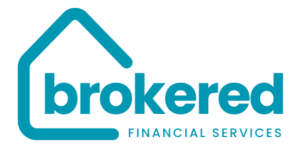
There’s no getting around the fact that lenders will view your application differently if you’re a business owner or self-employed.
If you have a job with an employer, a lender will only require your personal financial position to make a lending decision. When you work for yourself, your lender will also consider your business’ financial position.
If you are self-employed, lenders may consider your income as ‘unpredictable’ and therefore consider you at much higher risk of missing repayments.
If you can show your lender that you’re a safe investment for them, you’ve got a better chance of getting your home loan approved. There are just a few extra steps during your application when you’re self-employed.
This will vary depending on the lender we choose and the type of loan that is right for you. However, commonly we will need:
An alternative documentation (alt doc) home loan is a type of loan that is suited for self employed borrowers who can’t supply conventional proof of income required for typical home loans.
An alt doc loan is beneficial to the borrower as it involves a simplified income declaration form and involves using alternatives to tax returns as income evidence. It is important to note that this loan type does not involve providing less evidence of income, as it’s about providing alternative sources to prove your income.
Whilst an alt doc loan is a useful tool for self employed borrowers to apply for a home loan, the increased risk perceived by the lender may result in a higher-than-average interest rate and more limitations in terms of the maximum loan to value ratio (LVR).

Our Self-Employed loan options are designed directly for the self-employed community. At Brokered Financial Services we are able to provide alternative options for income verification, making it easier for self-employed individuals to access financing.
Whether you’re a freelancer, business owner, or entrepreneur, we have access to lenders that offer tailored support to help you achieve your financial goals.